Permitted up to an individual max Ø 20 mm, if the cumulative Ø does not exceed 50 mm/m²
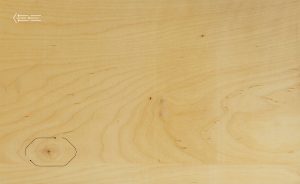
Riga Ply grading conditions are in compliance or stricter in comparison with requirements set by the following regulatory documents:
The quality grade of plywood, evaluated based on its surface veneer, is defined by the type and quantity of visible defects.
Recommended applications of Riga Ply, depending on grade.
* Plywood grade photos are made of a compilation of A5 samples
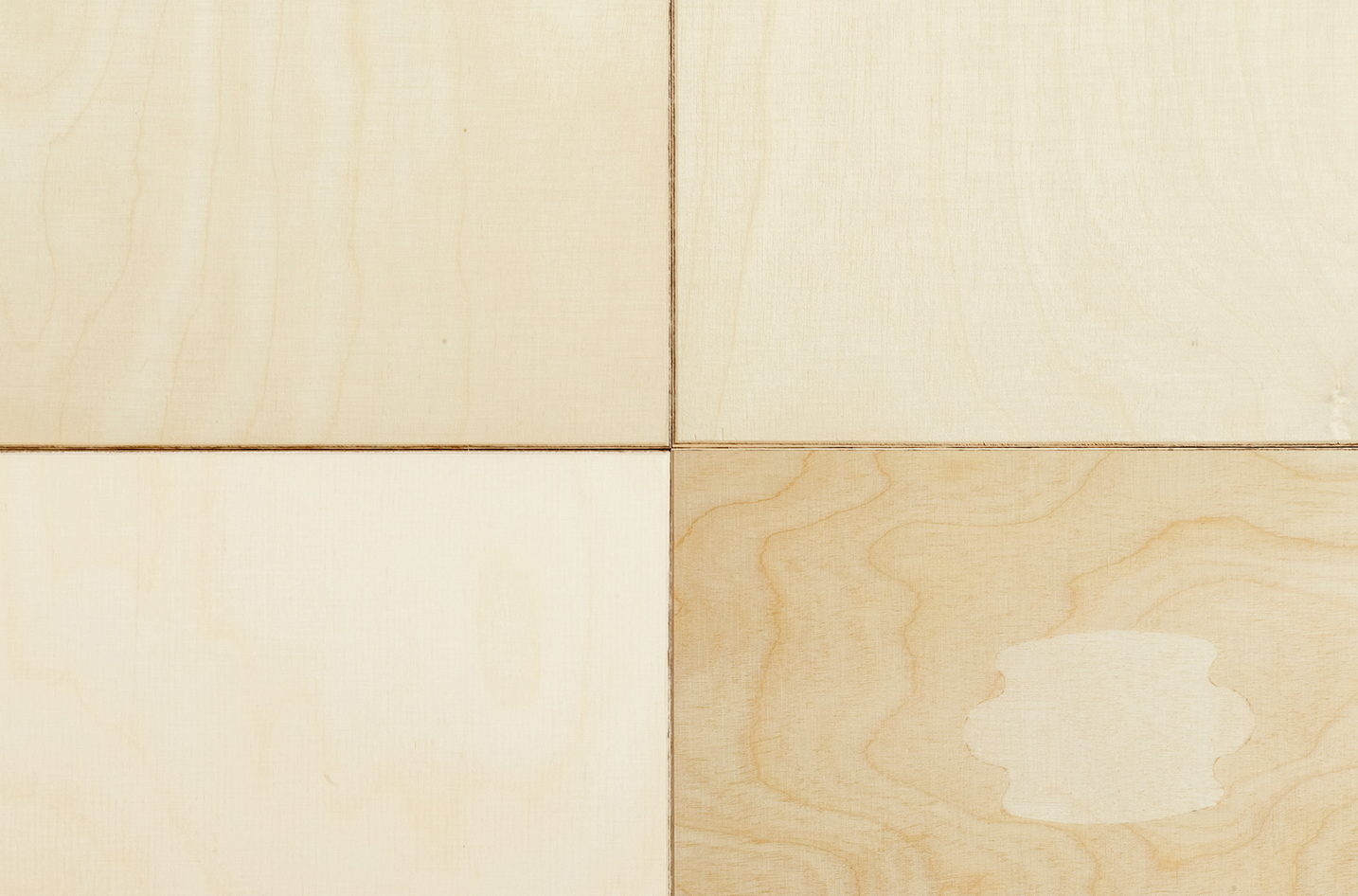
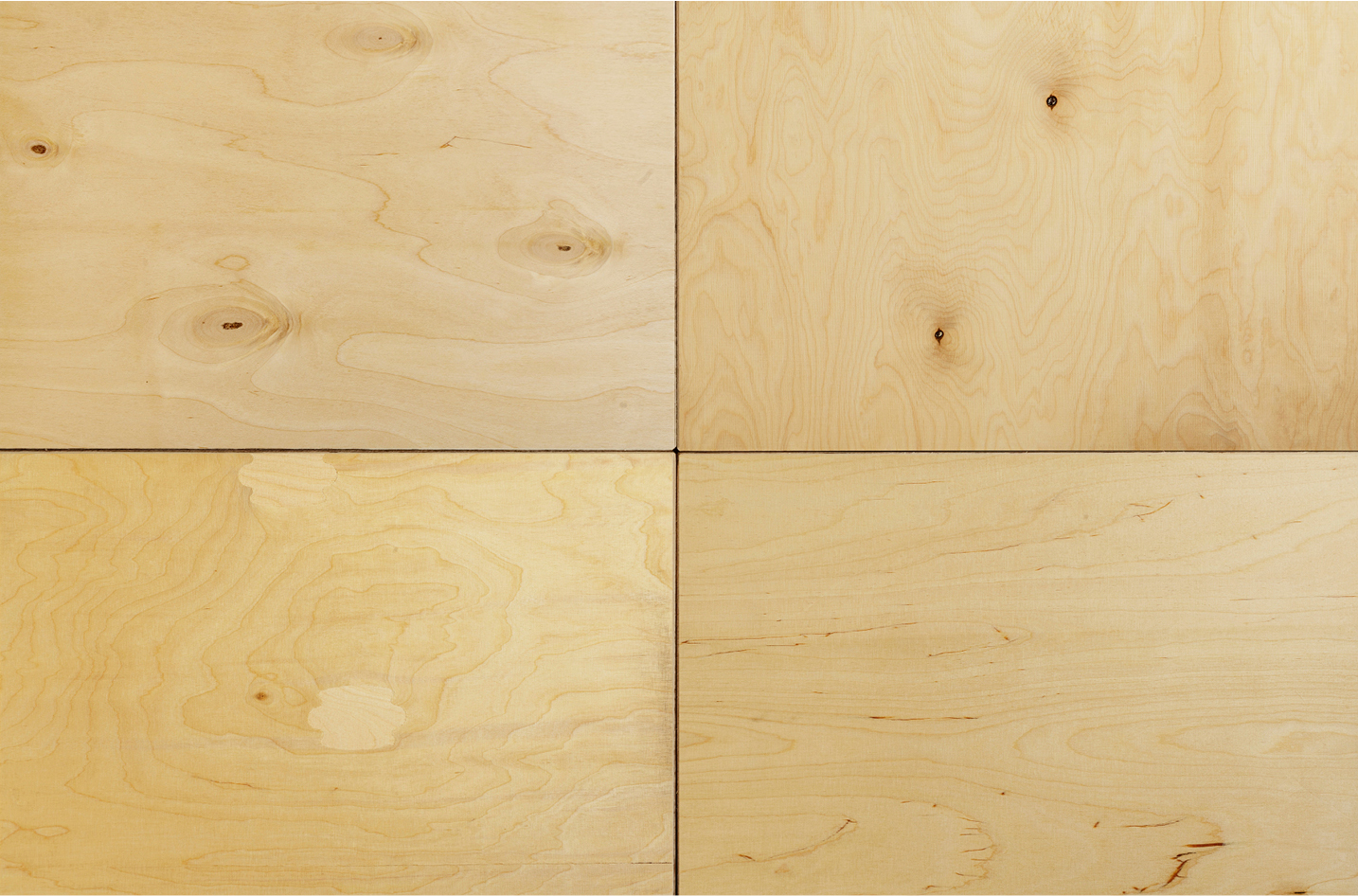
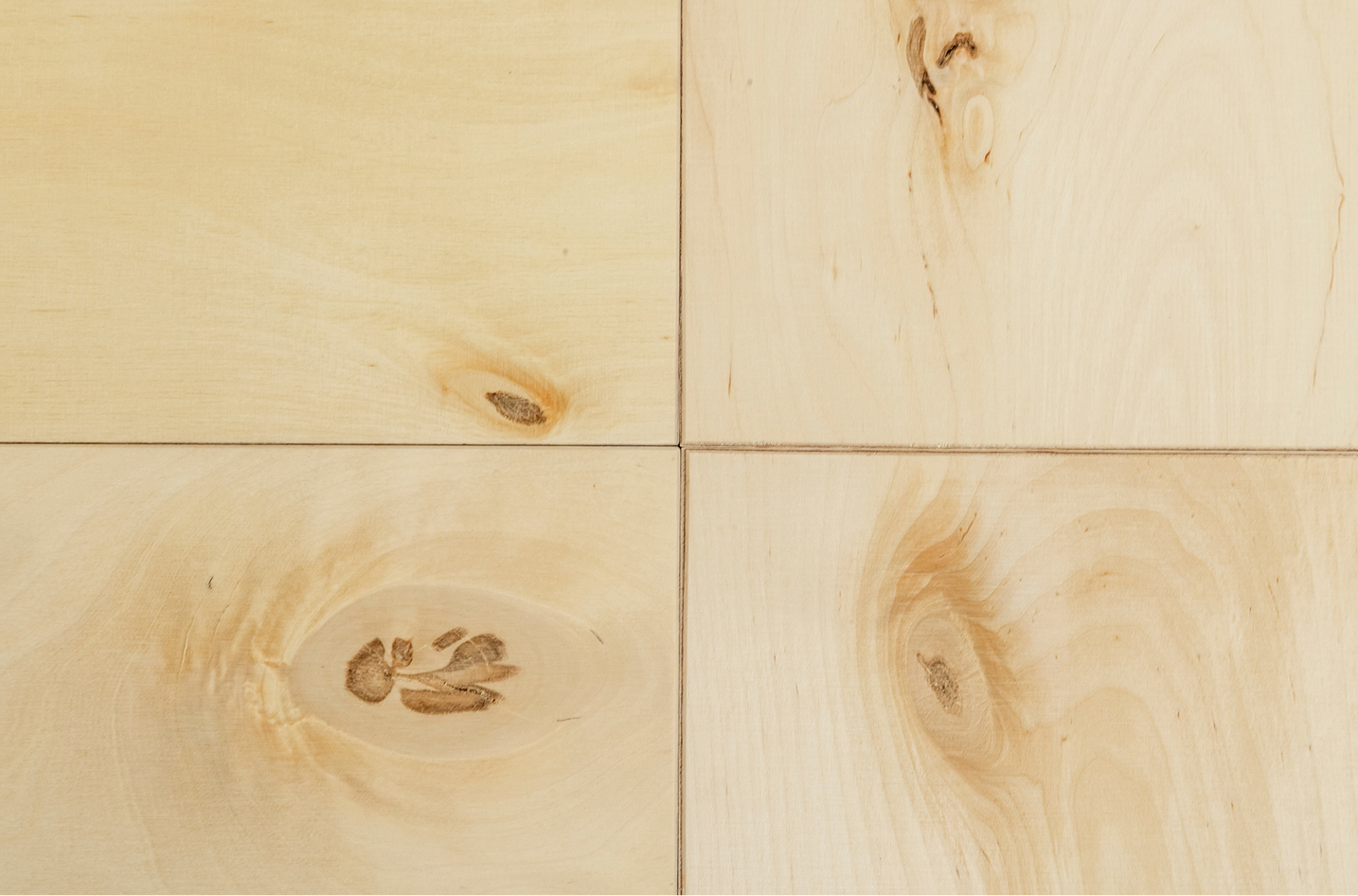
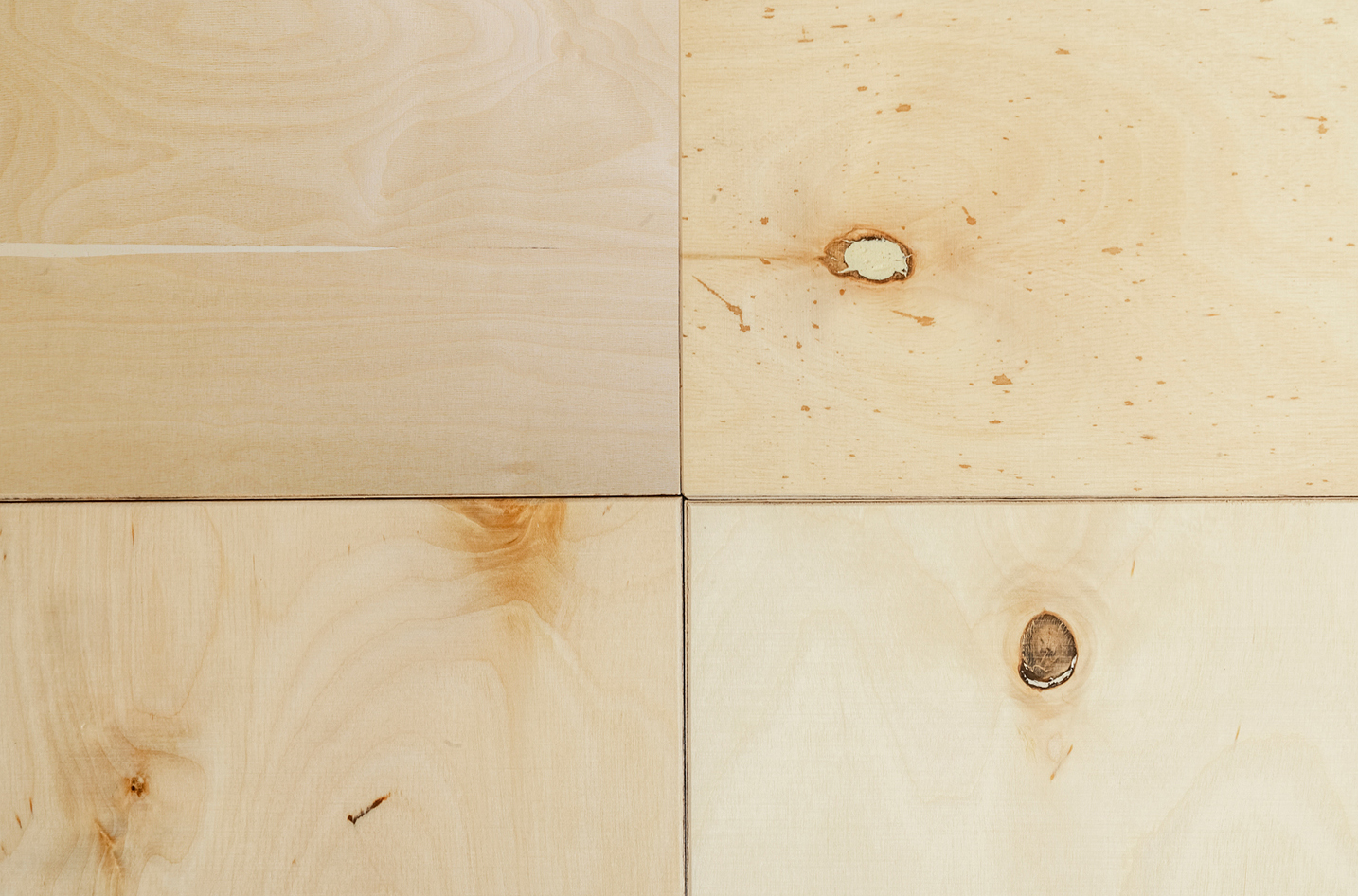
Riga Ply grading conditions are in compliance or stricter in comparison with requirements set by the following regulatory documents:
The quality grade of plywood, evaluated based on its surface veneer, is defined by the type and quantity of visible defects.
Recommended applications of Riga Ply, depending on grade.
* Plywood grade photos are made of a compilation of A5 samples
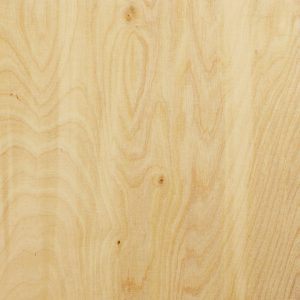
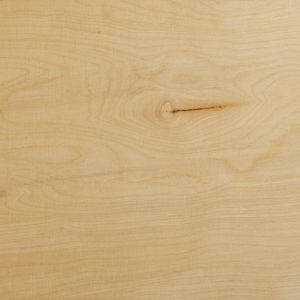
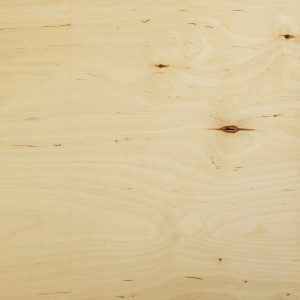
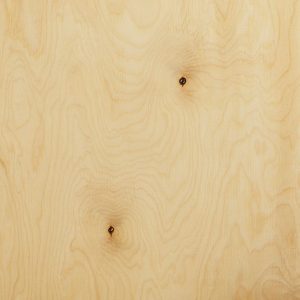
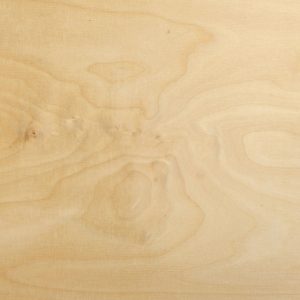
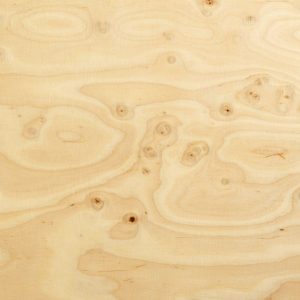
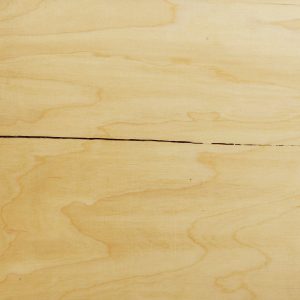
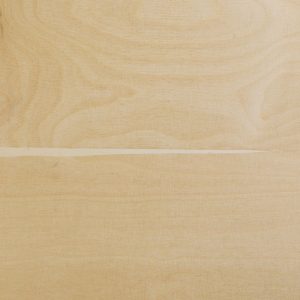
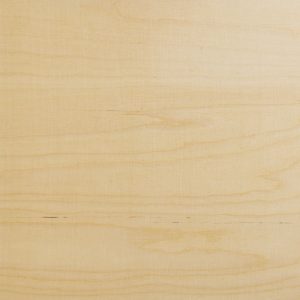
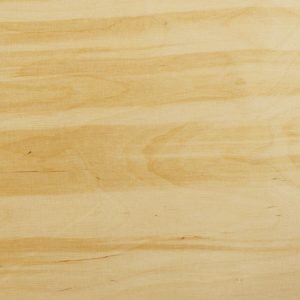
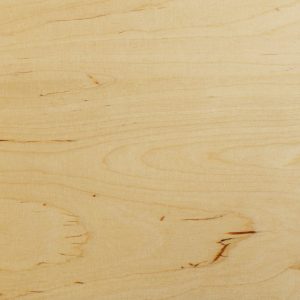
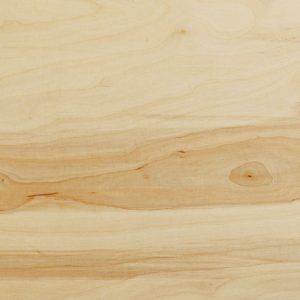
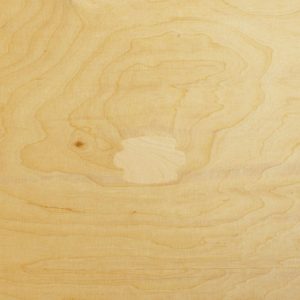
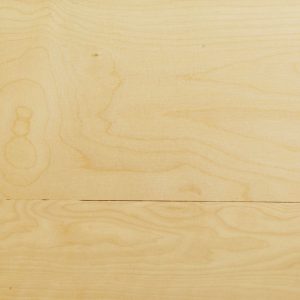
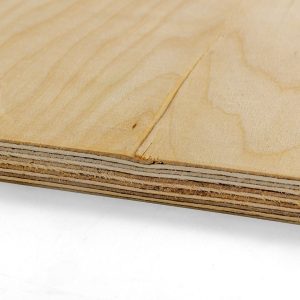
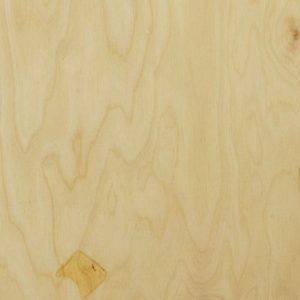
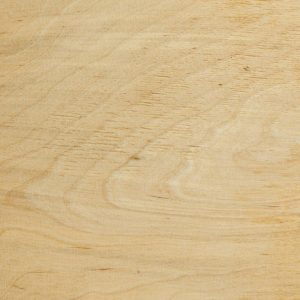
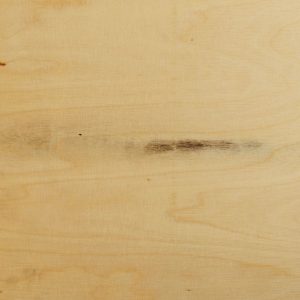
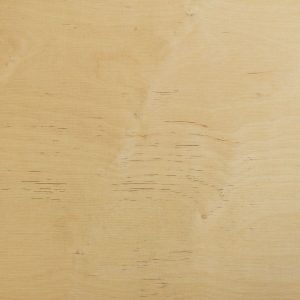
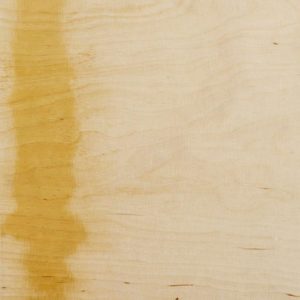
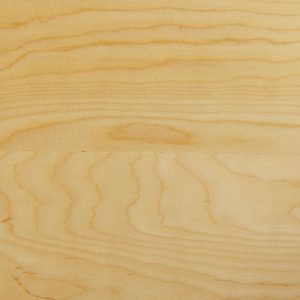
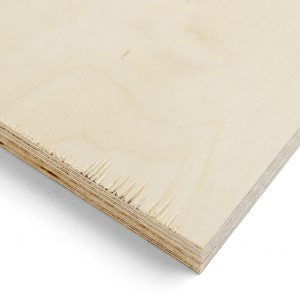

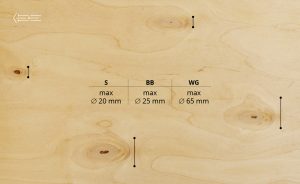
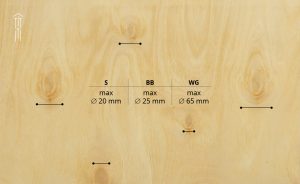
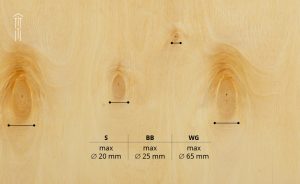
Permitted up to an individual max Ø 20 mm, if the cumulative Ø does not exceed 50 mm/m²
Permitted up to an individual max Ø 25 mm, if the cumulative Ø does not exceed 60 mm/m²
Permitted up to an individual max Ø 65 mm, if the cumulative Ø does not exceed 600 mm/m²
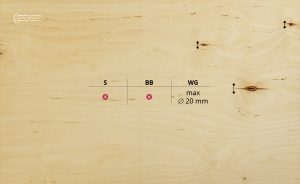
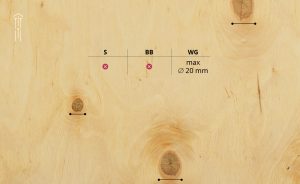
Permitted up to an individual max Ø 20 mm, if the cumulative Ø does not exceed 200 mm/m²
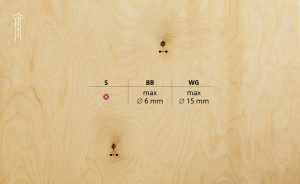
Permitted up to an individual max Ø 6 mm, if the cumulative Ø does not exceed 25 mm/m²
Permitted up to an individual max Ø 15 mm, if the cumulative Ø does not exceed 100 mm/m²
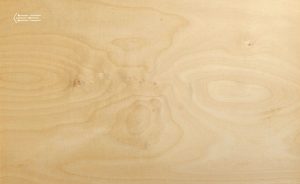
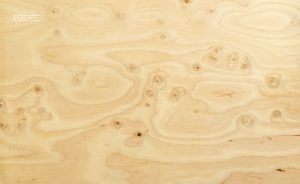
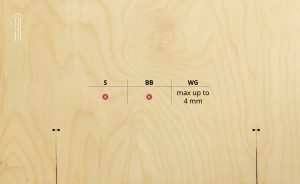
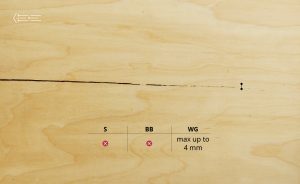
Permitted for an individual max width up to 4 mm, not more than 2 per meter of panel width
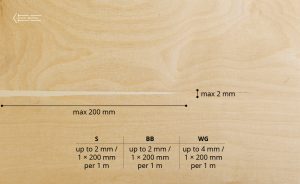
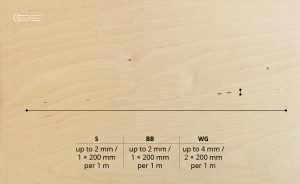
Permitted for an individual max width up to 2 mm and for an individual max length up to 200 mm, not more than 1 per meter of panel width
Permitted for an individual max width up to 2 mm and for an individual max length up to 200 mm, not more than 1 per meter of panel width
Permitted for an individual max width up to 4 mm, not more than 2 per meter of panel width
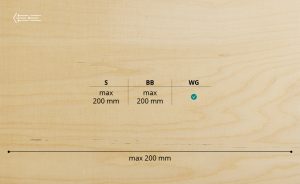
Permitted for an individual max length up to 200 mm and not more than 2 per meter of panel width
Permitted for an individual max length up to 200 mm and not more than 2 per meter of panel width
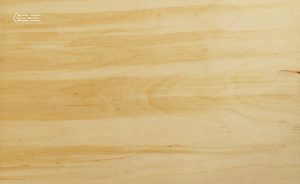
Permitted slightly
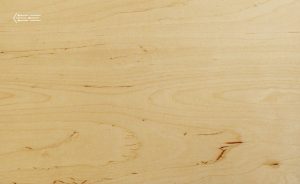
Permitted slightly
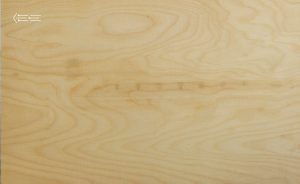
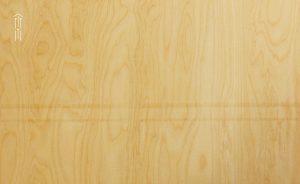
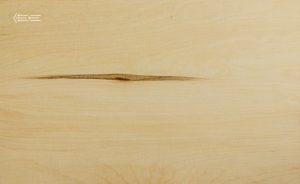
Permitted up to 30 % of the surface area
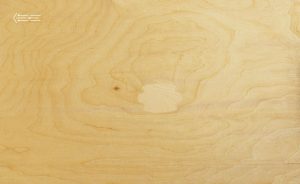
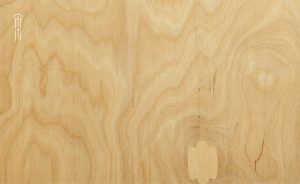
Permitted, if properly inserted and match the plywood colour, not more than 1/m²
Permitted up to 10 pieces per square meter
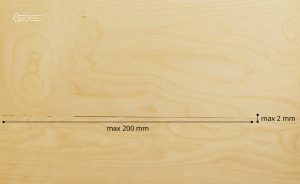
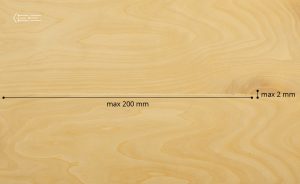
Permitted up to an individual max width 2 mm and individual max length 200 mm, not more than 1 per meter of panel width, repaired with putty
Permitted up to an individual max width 3 mm
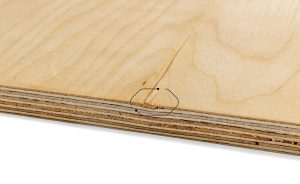
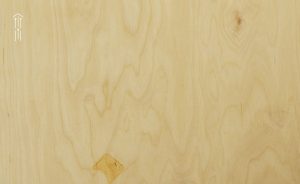
Permitted slightly, up to 2 cm² per panel
Permitted slightly
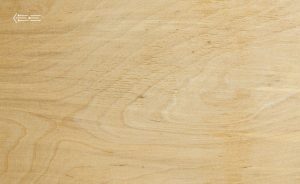
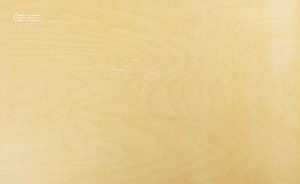
Permitted slightly, up to 10 cm²/m², if repaired with putty – max 3 defects per panel
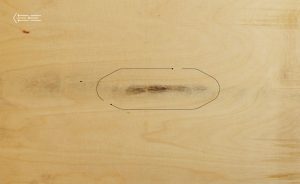
Permitted ≤ 10 cm²/m²
Permitted ≤ 20 cm²/m²
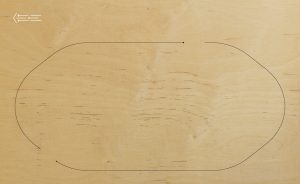
Permitted, if occasionally
Permitted up to 5 % of the surface area
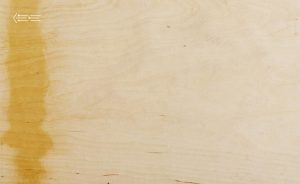
Permitted up to an extent of 5 % of the panel surface
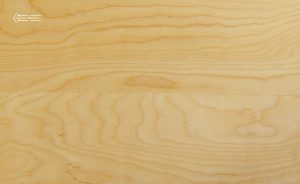
Permitted, if composed properly, conformable colour
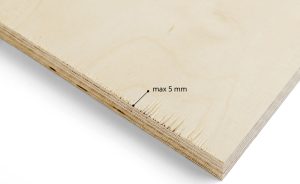
Permitted up to 5 mm from the edge, not in whole length
Permitted up to 5 mm from the edge, not in whole length
Permitted up to 5 mm from the edge